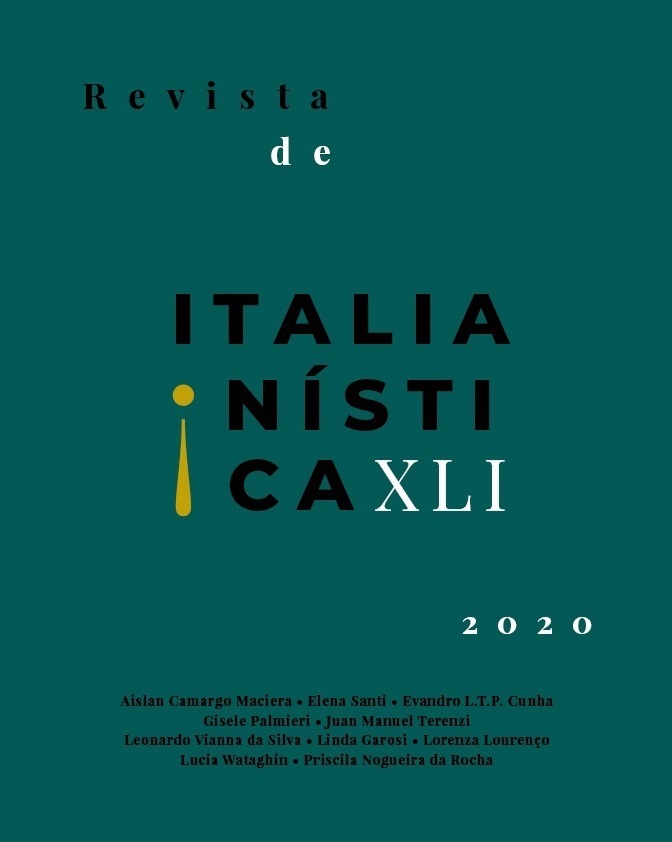Reflections on ethics and censorship in Machiavelli’s theater
DOI:
https://doi.org/10.11606/issn.2238-8281.i41p84-97Keywords:
Machiavelli, Mandragola, Ethics, Morality, CensorshipAbstract
Human relations are at the center of every moral or ethical choice. Niccolò Machiavelli (1469-1527) brings in his theater complex, significant and emotional representations of the human experience. This diversity of themes, actions and emotions contributes to the reflection on his personal choices and the society by the time he lived. Why then was Mandragola (1518), the masterpiece of Italian theater, censored for so many centuries? When there is censorship, it aims to impose a private morality in everyone's space, showing the willingness of a part of the society to assert itself as legitimate representatives of that “truth” which identifies with their beliefs and lifestyle. Ethics, on the opposite, is a search for the truth through reflection and confrontation. Ethics demands freedom of choice for the individual to act according to its concept. If there is no confrontation, there is no possible will. Ethical questioning begins by deconstructing the sacred places of literature and canonical criticism. It is a matter of putting under suspicion the processes of semiotization of reality, which reduce the other to a homogenizing representation. Based on that, this article will present a reflection on the censorship applied by the Church to Machiavelli's theatrical texts, under the allegation that his work would oppose the ideas and concepts disseminated by the institution. It intends to demonstrate that, beyond disagreeing with the content of his works, the objective was to prevent the propagation of Machiavelli's critical vision, even though it had no practical effect on society and human relations.
Downloads
References
ASOR ROSA, A. Storia europea della letteratura italiana. Torino: Einaudi, 2009.
BARATTO, M. La commedia del Cinquecento. Vicenza: Neri Pozza, 1977
COIMBRA, J. A. A. Fronteiras da ética. São Paulo: Senac, 2002.
MACHIAVELLI, N. La Mandragola. (P. Stoppelli, A cura di). Milano: Mondadori, 2006
PULCE, G. Saggio storico di letteratura poetica dal secolo di Pericle fino al nostro. Napoli: Stamperia del Fibreno. 1867.
PROCACCI, G. Machiavelli nella Cultura Europea dell’Età Moderna. Roma-Bari: Laterza, 1995.
RIDOLFI, R. Vita di Niccolò Machiavelli. Firenze: Sansoni Editore, 1978.
STOPPELLI, P. La Mandragola. Storia e filologia. Roma: Bulzoni, 2005
VIROLI. M. O sorriso de Nicolau – História de Maquiavel. São Paulo: Ed. Estação Liberdade, 2002.
Downloads
Published
Issue
Section
License
Copyright (c) 2020 Revista de Italianística

This work is licensed under a Creative Commons Attribution-NonCommercial-NoDerivatives 4.0 International License.
A revista retém os direitos patrimoniais dos artigos e os publica simultâneamente sob uma Licença Creative Commons-Atribuição-Não Comercial-Sem Derivações.



